Erudite. Barbiturate. Cacophony. Denouement. Okay, that last word is technically French, but words like these make the average person sweat, and it turns out that the key to learning how to pronounce them once and for all just might be getting them wrong.
How We End Up Pronouncing Words Incorrectly
Unique letter combinations are too difficult to apply the phonics you learned in elementary school, so it's common to stay away from weird words and names that are hard to pronounce. In fact, it took a friend of mine four Harry Potter books before she would openly say the name Hermione.
As you read and encounter unfamiliar words, you create pronunciations for them in your head. You might turn synecdoche into "sine-ek-do-key", or create "col-un-el" out of colonel. Once your mind has determined how a word should be pronounced, it's quite reluctant to change it.
Using This Fault to Your Advantage
Most likely, you'll avoid saying any intimidating word or phrase aloud that you mentally whispered to yourself, not necessarily because it's too big and unwieldy to say around your friends, rather it's tied into your insecurities. The fear of correction is a strong one; no one wants to look like a fool.
But the "homemade" pronunciations you come up with as you read can actually broaden your vocabulary—but only if you actually say them out loud in a conversation (and not one with yourself).

So, Embarrass Yourself Already
The embarrassing experience of being corrected is exactly what you need to expand your vocabulary. Mispronouncing a word among others practically guarantees you'll be corrected, and in that short instant, your pronunciation changes forever, burned into your memory like a scar. You will never make the same mistake again.
I bet this guy will never say "Achilles" wrong ever again.
This might sound like a terrifying approach to learning new words. It's very beneficial, though. The memory of being corrected will remind you how to say each syllable of the word in question, prompting you to try it out and even correct others when it's their turn.
This trick is also beneficial if you want to get in the habit of using new vocabulary more often: you could purposely mispronounce words to hear the correction and even the definition, thus making them stick in your mind.
No, Your iPhone Cannot Really Help You
Rely on dictionary apps to help you determine pronunciation? These are great tools to use as a guide; they offer a "speaking" tool to hear the words, and also provide the phonetic alphabet breakdown. But apps have one downfall: they aren't as mentally shocking as a face-to-face correction.

Often, with robotic pronunciations, you need to repeat the word to get used to the correct sounds; when you are challenged by another person, your brain stores the event away for later, ensuring you'll remember details.
So, the next time you discover a new word, try it out immediately in a conversation, even if it's just on a phone call. Sure, you might sound silly if you mispronounce it—but the simple act of hearing others say it will encourage you to do so, too. It will give you the confidence to slowly begin to add the word to your repertoire.
Oh, and that friend of mine? Once corrected, she was like a woman freed: she couldn't stop talking about Hermione. I never hear her say "her-me-own" again.
Just updated your iPhone? You'll find new emoji, enhanced security, podcast transcripts, Apple Cash virtual numbers, and other useful features. There are even new additions hidden within Safari. Find out what's new and changed on your iPhone with the iOS 17.4 update.



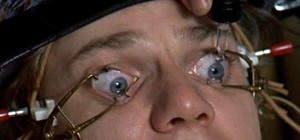
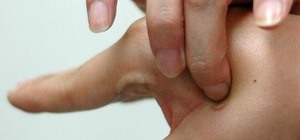


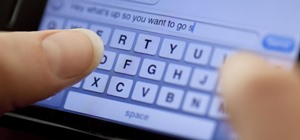



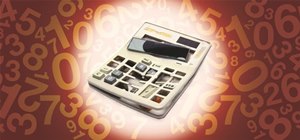
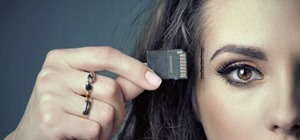










Be the First to Comment
Share Your Thoughts